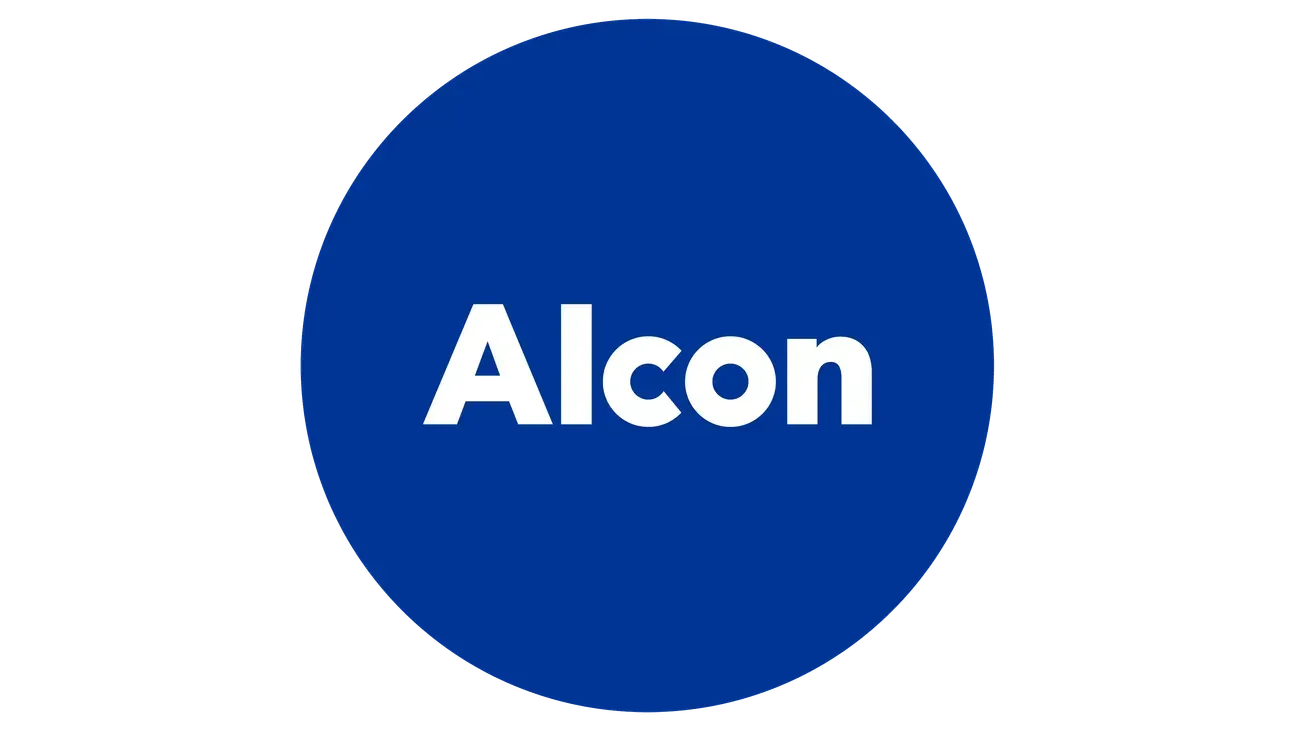NEW YORK — Procter & Gamble Co. has prevailed in a patent infringement lawsuit involving its Crest Whitestrips tooth whitening product.
P&G said Tuesday that the U.S. District Court for the Southern District of Ohio ruled last week that tooth whitening strip products from Clio USA infringe on several patents related to Crest Whitestrips.
The court also rejected claims by Clio that the patents are invalid, according to P&G.
Crest Whitestrips accounts for about two-thirds of the nearly $387 million tooth whitening market. The product has been the subject of patent disputes before, but P&G has been able to uphold its patents via out-of-court settlements, including with Johnson & Johnson for a Listerine whitening strips product. But P&G said Tuesday that Clio continued to sell the products at issue and insisted that the matter undergo litigation.
According to P&G, the court’s Sept. 15 ruling confirms the company’s belief that Clio’s products unlawfully infringed on the patents.
"Companies that want to compete legitimately with our Crest Whitestrips would not copy our patented technology. But if they do, we will exert our rights as the law allows," P&G chief legal officer Deborah Majoras said in a statement.
Englewood Cliffs, N.J.-based Clio USA, founded in 2009, supplies tooth whitening strips sold under private labels, including for CVS/pharmacy, Rite Aid, Kmart and Family Dollar Stores. Clio has said that its whitening strips sell for up to $20 less than Crest 3D Whitestrips.
Earlier this year, Target Corp. stopped selling its private-brand whitening strips product made by Clio because of the P&G suit, and in a 2012 settlement Be Well Marketing, which produced private-label strips for Walgreens, got out of the market, according to published reports.
In late June, Judge Timothy Black of the U.S. District Court for the Southern District of Ohio had postponed the trial date for the P&G-Clio USA dispute as a parallel case before the U.S. Patent Trial and Appeal Board (PTAB) assessed Clio’s challenge of the validity of P&G’s patents.
"P&G’s bullying tactics are not only bad for business, but they are rooted in baseless claims," Clio USA vice president Peter Cho stated at the time. "By attacking a small company like Clio, which controls less than 3% of the market, P&G opened up a Pandora’s box of outcomes, including the invalidation of patents it claims to own."
Yet P&G said Tuesday that the court’s Sept. 15 decision affirms the strength of its tooth whitening patents.
"Consumers win when P&G and other companies introduce truly new-to-the-world innovations that deliver breakthrough benefits," Majoras stated. "The U.S. Patent System was put into place to drive the innovative spirit through legal protection of the inventor’s investment, including the quality assurance and safety support that consumers demand and deserve."






